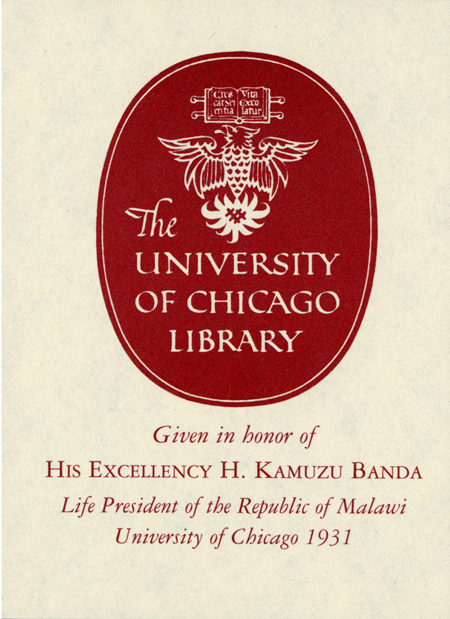A Child's ReadingONLY LONG AFTER I WAS OLD ENOUGH to read for myself, did I really make the connection between literature and the printed word. My mother, whose first and abiding love was for the theatre, preferred to tell her own versions of the stories other parents read to their children from books. This way she could add characters at will, eliminate others, change the plot around, and thus string out the story into a series of episodic cliff-hangers that would last over a period of weeks or even months. The books themselves remained on our shelves, mouldy and full of bookworm in the hot, damp region of South Africa in which we lived.The first story I remember her delivering was Charles Kingsley's Water-Babies, one of those strange English tales for children, in which bad people with money and foul tempers bully small, poor, helpless, good people, often children. Good does triumph in the end, of course, but not before lessons have been learned and the wicked punished. In this particular story, Tom is a very young chimney sweep, who is employed by the evil Mr. Grimes. Tom runs away, falls into a river, and meets there the water-babies of the title, with whom he takes up residence.My mother, falling into an old literary trap, managed to make the evil characters, both above and below the water, far more appealing than Tom. As she came forth with yet another demon lying in wait for him, and he-too good to be true and a bit stupid-accomplished another narrow escape, I lay shivering with delight. When I finally came to read the book itself, with its angelic illustrations of the water-babies and even the rather predictably grumpy Mr. Grimes, I felt terribly let down. Not only was my mother's version better, but it seemed truer as well.What I did take on faith in this story, however-and in so many other stories fed to South African children when I was growing up-was that, contrary to what was true in my world, small white boys could be made to work for a living (girls, too-to wit the many tales of English waifs dressed in rags, who skivvied all day and were then consigned to freezing London attics to pray and shiver through the night). Also that snow fell at Christmastime, that there were fires rather than flower arrangements in fireplaces, and that hedgehogs, toads, foxes, and moles-not monkeys, snakes, and iguanas, the urban animals of my childhood-were the sorts of creatures which, in fiction, would stand up on their hind legs, don clothing, and sally forth into a story.More than this, I believed that these strange customs and creatures were more real than those of the world I lived in, and far more worthy of fiction. The real world of my childhood-a large subtropical port on the Indian Ocean, with beaches and bush and sugarcane and steaming heat, a strict Anglican girls' school, massive family gatherings on Friday nights and Jewish holidays, and then my parents' theatre world, the plays my mother directed, my father learning his lines e Excerpted from Reading, Writing, and Leaving Home: Life on the Page by Lynn Freed All rights reserved by the original copyright owners. Excerpts are provided for display purposes only and may not be reproduced, reprinted or distributed without the written permission of the publisher.

